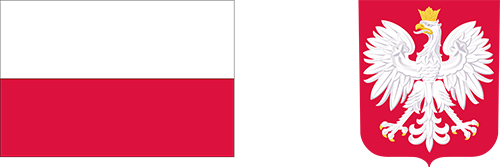The Museum of the Slovinian Village in Kluki
Kluki is more than just a former Slovincian fishing village on the southern shore of Lake Łebsko, tucked away amidst the natural world of the Slovincian National Park, which takes its name from the people who once lived on this land. Kluki is also a journey through time.
As you open the wooden gate to the Slovincian Village Museum, you step back one hundred, two hundred and more years into the past. You will be treading in the footsteps of the Slovincians, the original Kashubian inhabitants of this settlement. Here, in the oldest remaining part of the village, you will see reed-thatched, wattle and daub homesteads dating from the eighteenth, nineteenth and early twentieth centuries. Some are still standing where they were originally built and they house displays of authentic fixtures, fittings and furnishings from various decades of the twentieth century. The fishing storehouse holds an exhibition of the equipment, watercraft and nets that the Slovincians used for fishing. Kluki is where you can explore the trials, tribulations and pleasures of their lives, along with the tastes and aromas of a bygone world where, day after day, people battled with nature for survival, even though the natural world was an abundant one. The lake, sometimes capricious and perilous, was a source of the fish that were a staple for the local people. The marshy forests, peatlands and stands of reeds provided raw medicinal materials, fuel and coverings for roofs, while the dry and sandy spots offered a modest space for this fascinating, ethnically and historically isolated culture to develop.
We have created a must-visit series of outdoor events designed to give you a more detailed insight into the daily lives, customs, traditions and culture of the Slovincians. We will take you back to days of yore, accompanied by the bleating of sheep, the neighing of horses and honking of geese, for a glimpse of men and women working at their crafts and daily tasks… and a taste of some local delicacies! Everything that happens at these events follows the seasons of the year and the rhythms of nature, just as life was lived in olden times.
Our range of educational activities also includes museum workshops for organised groups. The participants not only learn about the Slovincians’ lives and work, but also have the hands-on experience of baking bread, cooking potatoes, making straw ropes for binding sheaves of cereal crops, working on the construction of a wattle and daub wall, looking after animals and handchurning butter.










